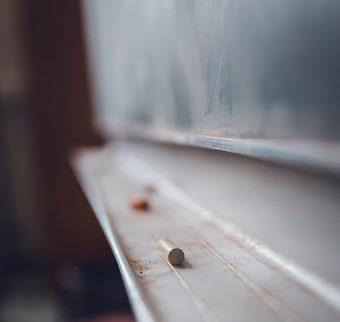The coronavirus pandemic caused all manner of unprecedented changes to schools, learning, and education in 2020 and 2021. However, even as a new school year gets underway with the majority of Americans over the age of 12 vaccinated, including a majority of high school students, and a far greater degree of “normalcy” in schools across the country, many students and their families are still struggling. After the spring 2020 and 2020-21 school terms were disrupted, with many students bouncing between remote and in-person schooling multiple times, parents across the nation are worried their children are suffering from learning loss. If you fit this description, don’t panic: While COVID-19 learning loss is a real phenomenon, there are ways to overcome it and get your child back on track. How? Let’s take a look:
What is learning loss? How did COVID exacerbate it?

“Learning loss” is another term for forgetting what you’ve learned, or “slipping behind” relative to where you were. Learning loss and parent and teacher concerns about it are not new — one reason many schools assign students a certain amount of summer homework is to avoid the well documented concern of summer learning loss.
However, while some learning loss is to be expected and relatively easy to catch up on, the coronavirus pandemic has seriously amplified the problem, with researchers estimating up to 60% greater losses than in a typical year of in-person schooling. There are many potential reasons the pandemic had such dramatic results for learning loss — the loss of in-person classroom time is obviously a major factor, as is the time lost in trying to switch to a new and often unfamiliar platform. Further, students without access to reliable internet, high-quality webcams, or a quiet space at home to work struggled even more. Finally, just like everyone else, students were often feeling a tremendous amount of stress, fear, and in some cases grief about the pandemic, which always makes learning and knowledge retention challenge.
How can learning loss be combated?
Fortunately, there are many ways to make up for lost ground and combat learning loss. One of the most obvious is reviewing concepts from a previous year, or previous unit, to refresh students and make certain that they don’t think an academic concept is “done” when they’ve finished the school year. In fact, if lessons and review can build off of previous material, and show some continuity, so much the better.
However, conventional academic review strategies aren’t the only ways to combat learning loss. Learning is a holistic process, and just like the stress, fear, and grief of the pandemic led to greater learning loss, paying attention to students’ emotional health helps with knowledge retention. Even something as simple as greeting students with a friendly “Good morning” at the door to school can improve academic engagement by up to 20%! Students are whole people, and making sure their minds are healthy and they feel safe and at ease is as important for their academic progress as more conventional reviewing and testing.
How can I help my child overcome learning loss?
If you’re worried your child is suffering from learning loss, there’s no need to press the panic button! You yourself are one of your child’s most important resources. Be sure to let them know that you’re there for them, whether that’s to help them review their homework, run practice questions the night before a test, or even just talk to them about whatever’s on their mind. Finally, if your child is struggling at school, consider a professional tutor, like our team at A-List, who can devise a personalized strategy based around your child’s needs. With a little help, learning loss isn’t the end of the world, and your child will be back on track in no time!
Contact us today to learn more about how we can help your student!
